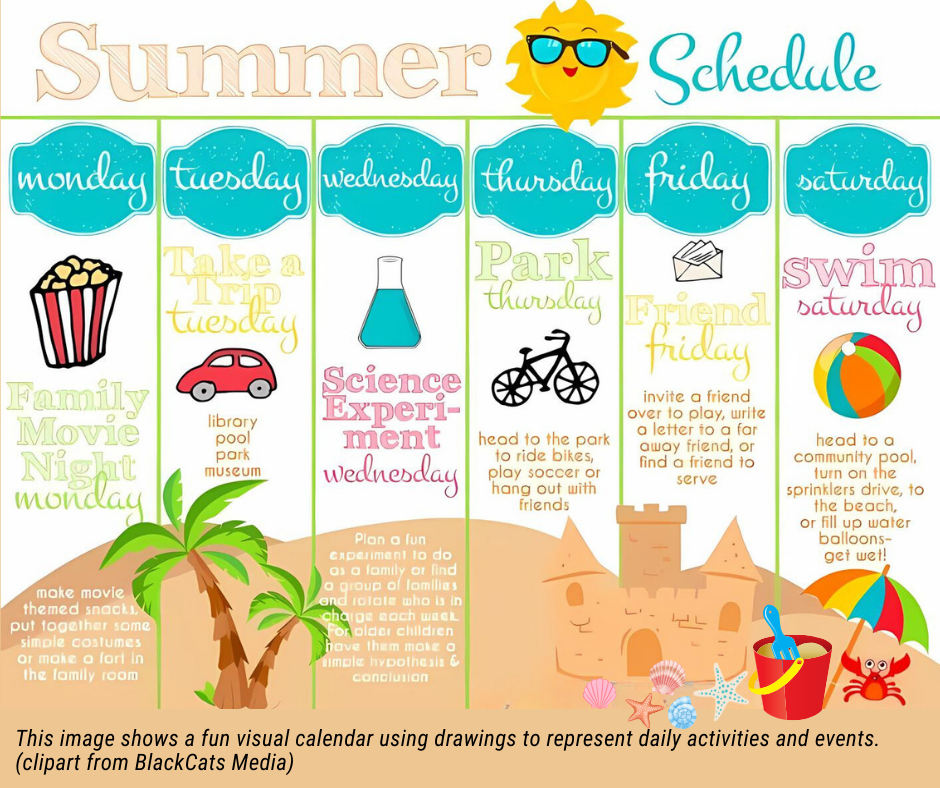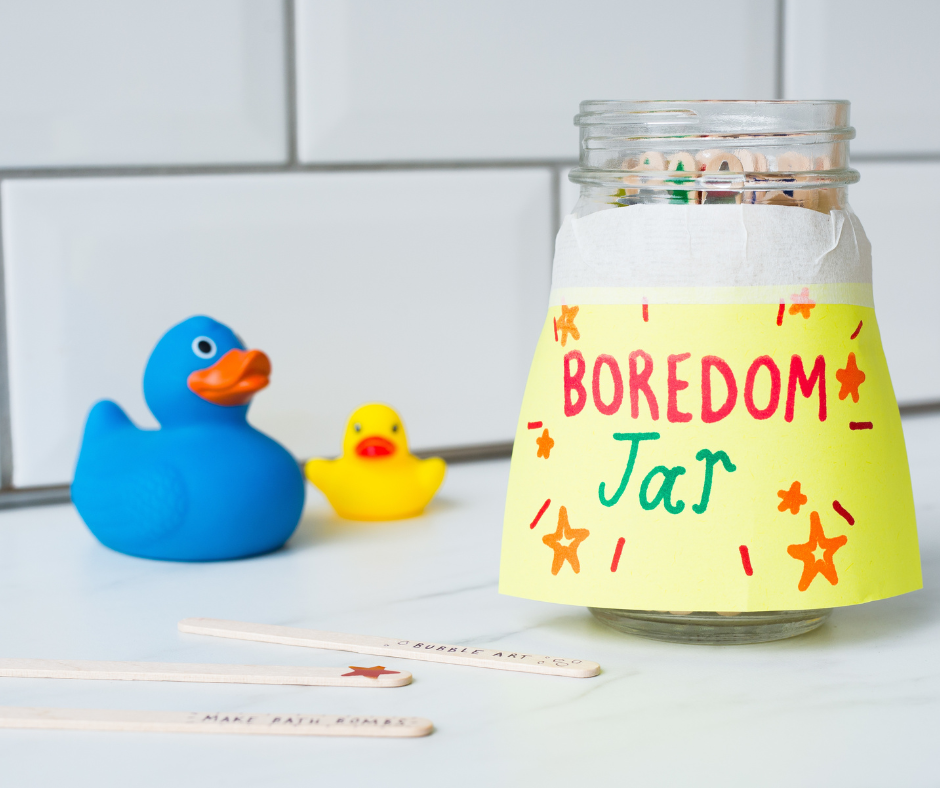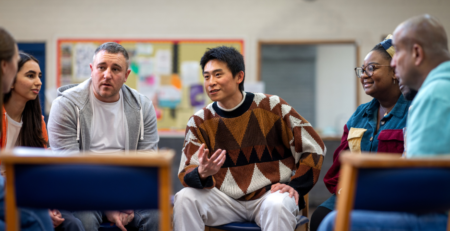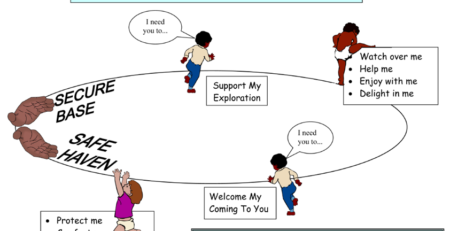The school holidays are upon us, and while they provide a needed break from the daily grind of school routines, they can also pose unique challenges for parents. On the other hand, it can be a time of stress as parents try to keep the kids entertained, to managing sibling rivalries, accommodating the needs of neurodivergent children, whilst trying to maintain your sanity. The holiday period requires a balance of planning, flexibility, and understanding. Here are some practical tips to help parents survive and even enjoy the school holidays with their kids.
Planning is Key
The key to a smooth holiday period often lies in thoughtful preparation. Involve your children in the planning process by creating a list of activities they’d like to do. This not only gives them a sense of ownership but also helps you understand their expectations. Consider a mix of indoor and outdoor activities to account for unpredictable weather. Schedule downtime as it is important for recharging and allowing kids some unstructured playtime. Lastly, don’t forget to spend one-on-one moments with each child.
Tip: Create a visual calendar with your children, using stickers or drawings to represent different activities. This can help them understand the structure of their days and reduce anxiety about what’s coming next.
Embracing Free and Low-Cost Activities
While it’s tempting to fill the holidays with expensive outings, some of the best memories can be made with simple, cost-effective activities. Consider:
- Picnics in local parks
- Nature walks or scavenger hunts
- Beach days (if accessible)
- Visits to the local library for story time or book borrowing
- Backyard camping
- DIY science experiments
These activities not only save money but also encourage creativity and a connection with nature.
Boredom is Beneficial
In our hyper-connected world, it’s incredibly important to allow kids time away from screens and scheduled activities. Boredom can be a powerful catalyst for creativity and self-reflection. Encourage your children to find ways to entertain themselves, whether it’s through reading, drawing, building lego, making play doh, or imaginative play.
Tip: Create a “boredom jar” filled with activity ideas that children can draw from when they claim to have nothing to do.
Teach Self-Reliance
The school holidays provide an excellent opportunity to teach children new skills and foster independence. Depending on their age and abilities, consider involving them in:
- Preparing simple meals or snacks
- Doing laundry
- Basic budgeting for activities or treats
- Planning a short trip
These experiences build confidence and self-reliance, skills that will serve them well beyond the holiday period.
Managing Sibling Rivalry
With siblings spending more time together during the holidays, conflicts are bound to arise. Here are some strategies to help manage sibling rivalry:
a) Reframe conflict as a learning opportunity: Help children understand that disagreements are normal and can be resolved peacefully.
b) Implement a tiered intervention approach:
- For low-level bickering, monitor from a distance and allow them to resolve issues independently.
- When conflicts escalate, offer guidance on perspective-taking and problem-solving.
- Intervene physically only when necessary to ensure safety.
c) Remain neutral: Avoid taking sides or assigning blame. Instead, act as a mediator to help children understand each other’s perspectives.
d) Encourage empathy: Help each child articulate their feelings and understand their sibling’s point of view.
e) Facilitate creative problem-solving: Guide children to find solutions that meet everyone’s needs.
f) Create separate spaces: Designate areas where children can play independently when they need alone time.
g) Focus on individual needs: Rather than striving for perceived fairness, address each child’s unique requirements.
h) Avoid interrogations: Instead of asking “What happened?” or “Why did you hit your brother?”, describe what you observe and offer help.
i) Encourage genuine apologies: Rather than forcing children to say sorry, guide them towards making amends when they’re calm.
Supporting Neurodivergent Children
The change in routine during holidays can be particularly challenging, for children with neurodevelopmental differences such as ADHD or autism. The following are some strategies to support neurodivergent children:
a) Maintain a visual schedule: Having a predictable pattern might help lower anxiety, even if it’s more relaxed than during school time.
b) Create sensory-friendly spaces: Designate calm spots where kids can go when they’re feeling overwhelmed.
c) Incorporate particular interests: Integrate your child’s passions into holiday activities to increase engagement and enjoyment.
d) Plan for transitions: Help children prepare for changes in activities by using timers or visual cues.
e) Be flexible with social expectations: Recognise that family gatherings or outings may present challenges and be prepared to adjust plans if needed.
f) Continue with therapeutic strategies: Even if formal therapy sessions are on hold, maintain beneficial routines and coping strategies at home.
g) Manage screen time thoughtfully: While it’s tempting to relax rules around devices, sudden changes can be disruptive. Consider gradually adjusting screen time and using it as a reward for completing other activities.
Self-Care for Parents
Parenting during the holidays can be exhausting. Remember taking care of yourself is just as important for managing the demands of the holiday period:
- Take short breaks for yourself, even if it’s just 30 minutes to enjoy a cup of tea and a book.
- Reach out to friends, family, or support groups for help and social connection.
- Practice stress-reduction techniques like deep breathing or mindfulness.
- Lower your expectations – not every moment needs to be Instagram-perfect.
Building Lasting Connections
While the holidays can be challenging, they also offer unique opportunities to strengthen family bonds:
- Use the extra time to really listen to your children and learn about their thoughts and feelings.
- Create new family traditions that everyone looks forward to each year.
- Document your experiences through photos, videos, or a family journal.
- Reflect on the positive moments at the end of each day, encouraging gratitude and positivity.
Handling the Unexpected
Despite our best efforts, things don’t always go according to plan. Embracing flexibility can turn potential disappointments into memorable adventures:
- Have a backup plan for outdoor activities in case of bad weather.
- Keep a “rainy day” box filled with games, craft supplies, and indoor activity ideas.
- Use unexpected changes as teachable moments about adaptability and resilience.
- Transitioning Back to School
Transitioning Back to School
As the holidays draw to a close, start preparing your children for the return to school:
- Gradually adjust sleep schedules a week before school starts.
- Involve children in back-to-school shopping to build excitement.
- Discuss any concerns or anxieties they might have about returning to school.
- Plan a special “end of holiday” celebration to mark the transition positively.
Conclusion
School holidays offer a unique opportunity to step away from the usual routines and facilitate deeper connections within your family. By planning thoughtfully, embracing flexibility, and prioritising understanding and communication, you can create a holiday period that is enjoyable and enriching for everyone. Remember, it’s not about having a perfect holiday, but about creating memories and strengthening connections that will last long after the holiday ends.
Whether you’re managing sibling rivalries, supporting neurodivergent children, or simply trying to keep everyone entertained, the key is to approach the holidays with patience, creativity, and a good sense of humour. By implementing these strategies and adapting them to your family’s unique needs, you can not only survive the school holidays but thrive during this special time together.















